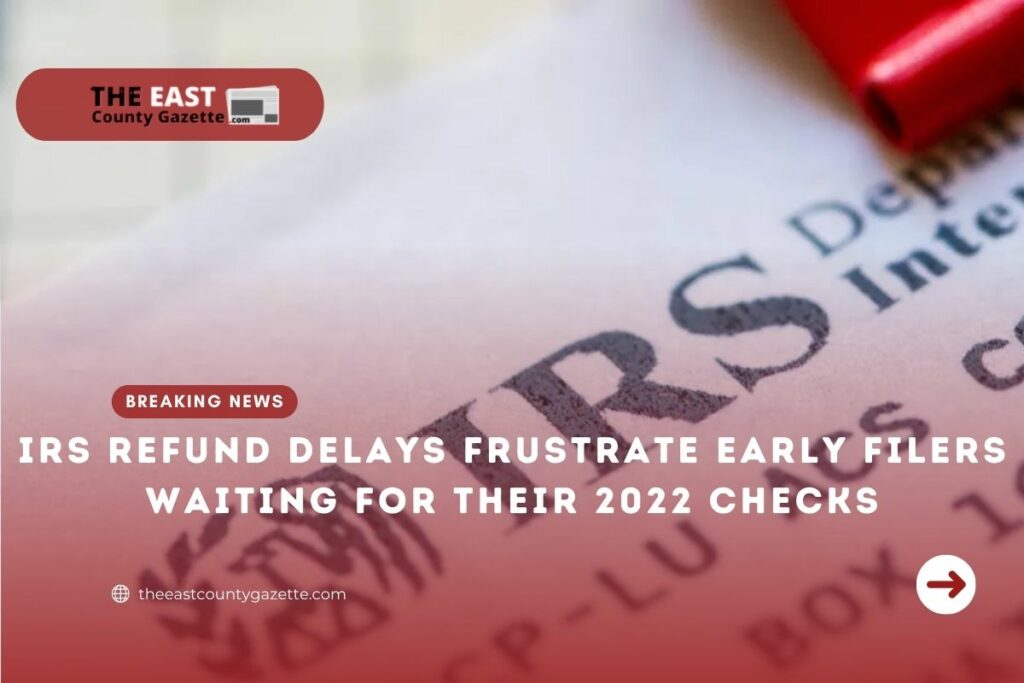The Internal Revenue Service (IRS) is still playing catch up after last year’s tax season was plagued by technical glitches, government staff shortages, and endless processing delays. On top of that, it’s about to experience its first major test.
According to Fast Company, American taxpayers who claimed the Earned Income Tax Credit or Additional Child Tax Credit are expected to get their refund checks this week; both of these incentives were designed to aid the very Americans who need them most.
According to the IRS, most online filers get a refund within 21 days, but a law passed in 2015 to combat fraud called the PATH Act (Protecting Americans from Tax Hikes) has put a hold on refunds for people who claim either of the above tax credits until February 15.
It appears that many taxpayers in this category are eagerly awaiting the PATH deadline, judging from the mood on some Facebook groups and other online forums.
However, it may disappoint some to learn that they may still have to wait a few more weeks for their refunds.
IRS gave an update concern this aspect, promising refunds to people who filed online and used direct deposit for the Earned Income Tax Credit and Additional Child Tax Credit by March 1.
Positively, that date is probably overestimated. It is possible for some taxpayers in this category to receive their refunds sooner than expected.
A tempered outlook, however, is probably not a bad thing after last year’s tax season reached cataclysmic proportions.
As part of its budget proposal, the Biden administration proposed increasing funding for the IRS in order to address its infrastructure and staffing needs, but many of the problems the agency faced last year are still ongoing, and some new ones have emerged as well.
The IRS announced last week that it would abandon a new authentication system following privacy concerns regarding a third party’s use of facial recognition.

